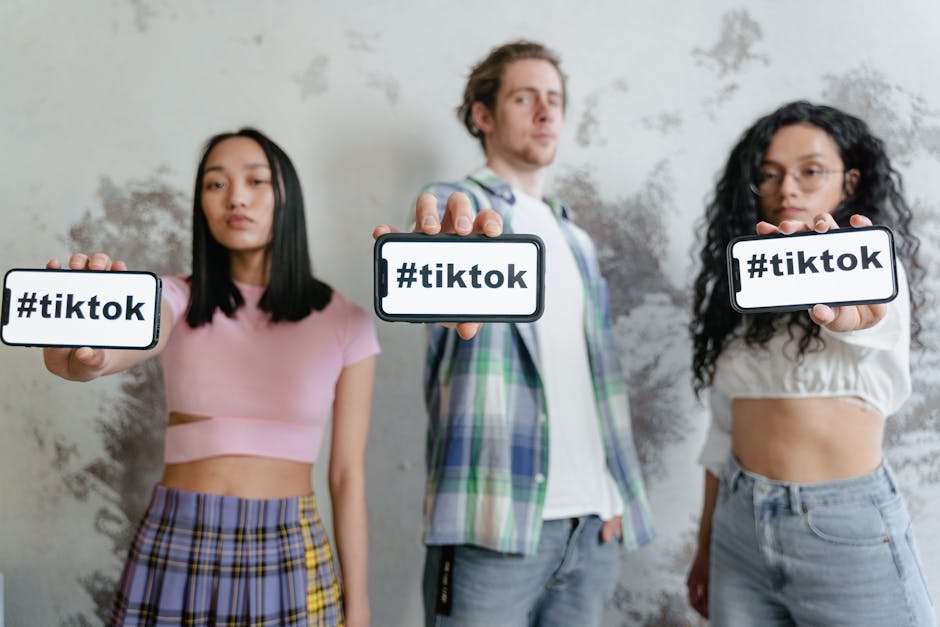A significant aspect of social media’s future impact lies in its ability to democratize fashion and beauty. Traditional gatekeepers, like magazines and high-fashion runways, have long dictated trends. However, platforms like Instagram, TikTok, and YouTube empower individuals with unique styles and perspectives. Micro-influencers and everyday users can now directly showcase their aesthetic choices, creating diverse, localized trends that resonate with specific communities. This means brands may need to adapt strategies, moving away from a singular, broad target audience toward embracing niche aesthetics. Furthermore, a shift in consumer power is anticipated, empowering individuals to curate personalized experiences rather than blindly following pre-defined patterns.
The rise of virtual try-ons and augmented reality (AR) filters within social media applications will revolutionize the consumer experience. Imagine browsing a digital fashion magazine where you can virtually try on different garments, colours, or styles in real-time. This technology is not only transforming the shopping process but also how individuals perceive and engage with fashion. Visual-centric platforms will become even more crucial in demonstrating the aesthetic qualities of products, potentially rendering physical stores less critical for certain purchases. This immersive virtual experience fosters experimentation, encouraging customers to explore a wider range of options without the constraints of physical limitations.
Social media is facilitating a deeper connection between consumers and brands, creating opportunities for authenticity and personalization. People are drawn to brands that align with their values and beliefs, and social media offers an unparalleled platform for transparency and direct engagement. Brands responding to this trend are likely to focus on storytelling. Authenticity, once a niche feature, is now central to consumer interest. User-generated content, reviews, and interactions directly impact a product’s desirability. As consumers seek transparent and ethical practices, brands will need to demonstrate their values and commitment to sustainability and inclusivity through these platforms.
A remarkable feature of social media’s influence is its role in fostering inclusivity and diversity within the fashion and beauty industries. Platforms provide a global stage for individuals from diverse backgrounds and perspectives to express their unique styles and identities. This diverse representation challenges traditional beauty standards, paving the way for a more inclusive future. Brands that embrace and celebrate individuality will stand out and resonate with a broader consumer base. A rise in body positivity and representations of various ethnicities, ages, and abilities is a clear and tangible manifestation of this trend.
However, the influence of social media isn’t without its challenges. The algorithms that curate feeds often amplify certain trends, potentially creating a homogenous environment that stifles originality. The pressure to keep up with evolving trends and portray perfect aesthetics can also lead to anxiety and unrealistic expectations. A critical component of the future will involve strategies to combat the detrimental effects of comparison and superficiality.
Furthermore, the proliferation of manipulated and filtered images on social media can contribute to the perpetuation of unrealistic beauty standards. Addressing this issue, including platforms and brands promoting authenticity and realistic representations, will be crucial. Navigating this complex landscape requires careful consideration of the ethical implications of social media’s power. Educational initiatives and responsible brand practices will become essential in shaping a healthy relationship with fashion and beauty, promoting genuine self-acceptance and empowering individuals to embrace their individuality.
The future of fashion and beauty is intertwined with the evolution of social media. Its ability to connect individuals, foster inclusivity, and shape consumer behaviour will continue to transform how we perceive, purchase, and experience these industries. While challenges exist, the potential for positive change is equally significant. The dynamic nature of these platforms, adapting constantly, demands that both brands and individuals remain adaptable and aware of the implications. Ultimately, understanding and embracing the transformative power of social media will be key to navigating the evolving landscape of fashion and beauty in the years to come.
